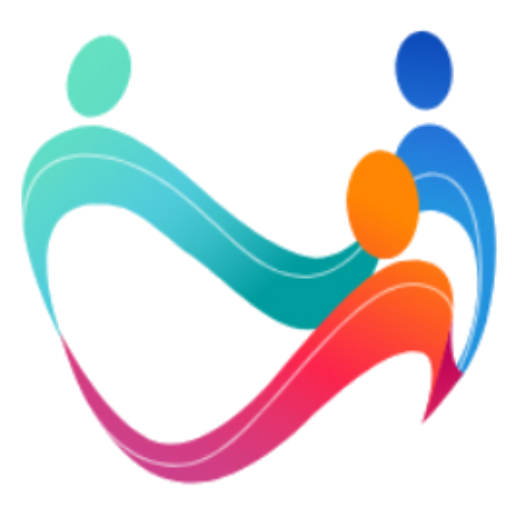2.3 Hands-on workshops
Hands-on workshops are structured, practical sessions designed to immerse participants in the process of collaboratively exploring, developing and refining educational prototypes. In the context of the TransEET project, these are moments where the Flow of Rapid Prototyping (FRP) moves from designs to tangible educational proposals that can be tested and improved through co-creation and iterative feedback.
The FRP method relies on rapid cycles of design, development, testing and reflection. Within this flow, hands-on workshops serve as dedicated spaces where researchers, teachers and developers come together to engage directly with emerging technologies and prototype versions of educational tools. The workshops are not only about testing existing prototypes, but also about generating new ideas, providing feedback, adapting designs based on user perspectives, and making decisions for subsequent development steps.
The workshops also provide opportunities for critical reflection on the design choices, technical aspects and pedagogical potential of each prototype. They are essential for gathering diverse feedback from participants with hybrid expertise (researchers, educators, developers) and for fostering ownership and engagement in the innovation process.
Below are some examples of hands-on workshops from the TransEEt project.
Some Examples
The second Twinning Workshop, held in Amsterdam in March 2024, included two hands-on workshops focusing on interdisciplinary prototypes combining mathematics and dance. The first session centered on technologies such as GeoGebra and MaLT2, where participants explored digital tools, engaged with prototype examples, and brainstormed classroom activities. The aim was to link dynamic geometry and embodied learning, leading to the co-design of teaching scenarios and planning pilot interventions.
At the Twinning Workshop of the project, held in Turin in November 2024, a dedicated hands-on workshop focused on the MaLT2 platform and its use for developing the “Dancing Figures” prototype. Participants were invited to explore the dynamic manipulation of geometric figures linked to dance movements, allowing learners to visualize mathematical transformations in an embodied way. After engaging with the prototype, participants discussed possible improvements in the design, suggested ways to increase student agency and creativity, and brainstormed scenarios for classroom implementation.
In the same workshop in Turin, the focus also included exploratory technologies such as GGB+ used in storytelling contexts, and FractionsLab for teaching fractions. In both cases, participants engaged with the tools, reflected on their strengths and limitations, and contributed ideas for redesign.
Conclusions
In summary, hands-on workshops are integral to the FRP process, acting as collaborative checkpoints that connect the experts participating in the various Communities of Interest (CoI). They accelerate learning within the project teams and help bridge the gap between conceptual design and educational practice.Moreover, these workshops play a crucial role in fostering the creation of Actors with Hybrid Expertise (AHE). By bringing together members of different CoIs, who otherwise work in parallel, hands-on workshops become transversal spaces where ideas, perspectives, and expertise from diverse domains meet and blend. You may consider the opportunity of organizing hands-on workshops if you want to set up a collaborative and reflective environment which is essential for cultivating hybrid experts capable of driving innovation in education.
